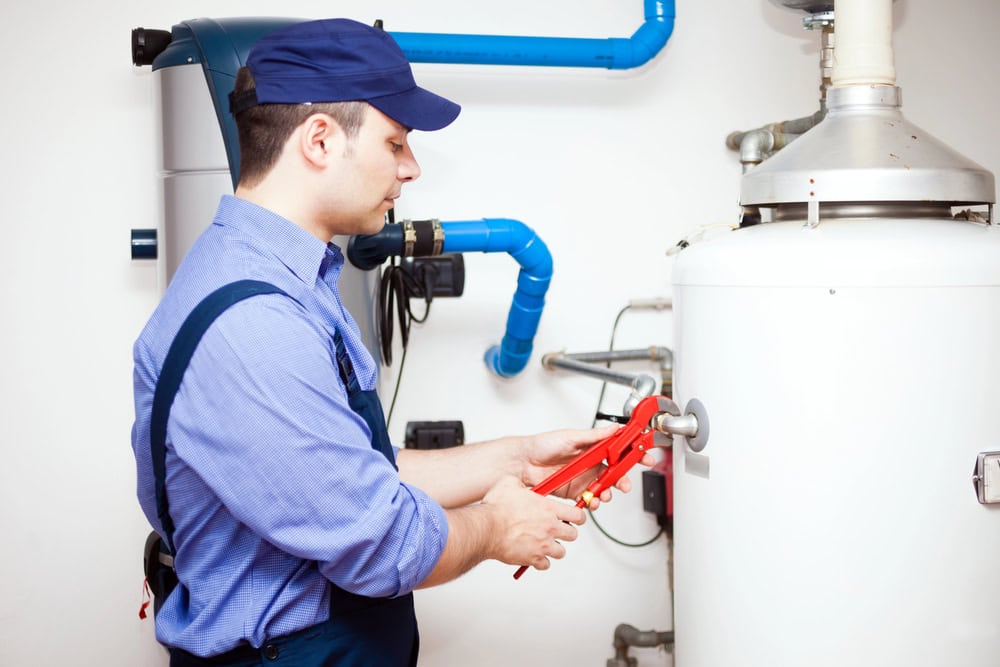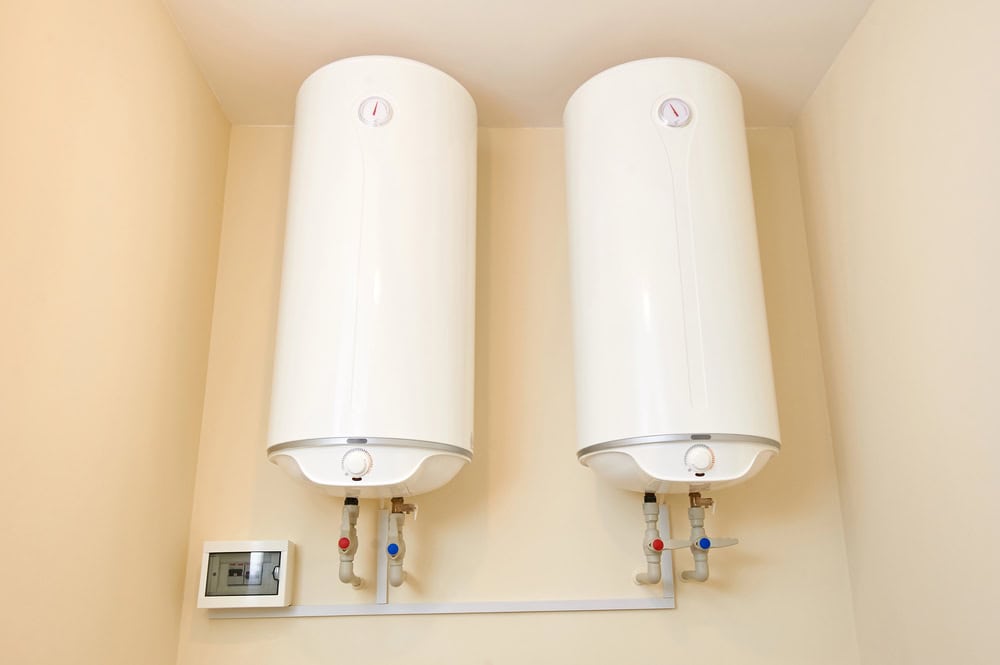When it comes to choosing a water heater, homeowners often find themselves at a crossroads: tankless or traditional?
Each type has its own set of advantages and disadvantages, making the decision quite personal. Here, we’ll explore the benefits and drawbacks of both systems, breaking down what you need to know before making the switch.
Understanding Traditional Water Heaters
Traditional water heaters, often referred to as tank heaters, store a specific amount of hot water for immediate use. Usually, these tanks hold anywhere from 20 to 80 gallons, depending on the model.
Pros of Traditional Water Heaters
One of the biggest advantages is reliability. If you need hot water for several showers or a load of laundry, it’s readily available.
You can count on immediate access, which is invaluable for larger households.
Another positive aspect is the lower initial cost. Traditional units are typically less expensive to purchase and install compared to their tankless counterparts.
They have been around for decades, so finding a replacement part or service technician isn’t usually a hassle.
Cons of Traditional Water Heaters
On the flip side, these heaters can be less efficient. They continuously heat the stored water, which can lead to higher energy bills.
Even when you’re not using hot water, the system works to maintain the temperature, a concept known as standby heat loss.
Furthermore, once the tank runs out of hot water, you’ll have to wait for it to refill and reheat. This can be a major inconvenience if you have multiple hot water needs in quick succession.
Exploring Tankless Water Heaters
Tankless water heaters provide hot water on demand, heating water directly as it flows through the unit. This means you don’t have to store water in a tank, which can save space and energy.
Pros of Tankless Water Heaters
One of the standout features of tankless heaters is their energy efficiency. Since they only heat water when needed, they eliminate the standby heat loss issue found in tank heaters.
This could lead to significant savings on energy bills over time.
Another significant benefit is the endless supply of hot water. With a tankless heater, you can take a long shower while someone else runs the dishwasher, without worrying about running out of hot water.
Cons of Tankless Water Heaters
However, tankless systems aren’t without their downsides. The initial cost can be a significant deterrent.
These units typically require a higher upfront investment compared to traditional heaters, which can be a sticking point for many homeowners.
Additionally, you might encounter limitations in flow rate. If multiple faucets or appliances are running simultaneously, a tankless heater might struggle to provide hot water to all of them at once.
This is something larger households should consider when weighing options.
Comparing Energy Efficiency
Energy efficiency is a hot topic when discussing water heaters. Traditional units generally have an Energy Factor (EF) rating ranging from 0.50 to 0.70, indicating the percentage of energy consumed that actually results in hot water.
In contrast, tankless systems often have higher EF ratings, usually between 0.80 and 0.99, showcasing their efficiency.
This efficiency translates to lower energy bills with tankless systems. Homeowners could see a noticeable reduction in monthly expenses, making the higher upfront costs worthwhile in the long run.
However, it’s essential to factor in local energy rates and usage patterns when calculating potential savings.
Space Considerations
When it comes to space, tankless water heaters have the upper hand. Their compact design allows for installation in smaller areas, making them ideal for homes with limited space.
You can mount them on walls or in cabinets, freeing up valuable room.
In contrast, traditional heaters require a dedicated space for the tank, which can be quite bulky. If your home has limited square footage for appliances, this could be a significant drawback to consider.
Installation and Maintenance

Installation varies between the two systems. Traditional water heaters tend to have a more straightforward installation process, especially when replacing an existing unit.
The plumbing and gas lines are often already in place, leading to a quicker setup.
However, installing a tankless water heater may require additional modifications, especially if it’s a gas unit. This can increase labor costs and installation time, which is something to keep in mind if you’re planning the transition.
For expert installation, don’t hesitate to reach out to Maroubra’s go-to plumbing team, who are well-equipped to handle tankless systems with ease.
Maintenance also differs. Traditional heaters usually need to be flushed annually to remove sediment buildup, while tankless units require descaling to prevent mineral buildup.
The maintenance frequency and complexity can influence your decision based on your willingness to perform upkeep.
Lifespan and Durability
When it comes to lifespan, tankless water heaters generally outlast traditional models. While a typical traditional heater may last around 10 to 15 years, a tankless unit can function effectively for 20 years or more with proper care.
This longevity can make tankless heaters a more appealing choice for homeowners looking for a long-term investment. However, considering the higher initial cost, it’s essential to evaluate how long you plan to stay in your home before making a decision.
Environmental Impact
As awareness of environmental issues grows, many homeowners are looking for eco-friendly options in their home systems. Tankless water heaters are generally seen as a greener choice due to their energy efficiency and reduced greenhouse gas emissions.
Conversely, traditional heaters contribute to higher energy usage and emissions due to their standby heat losses. If reducing your carbon footprint is a priority, this could significantly influence your choice.
User Experience and Convenience
User experience varies between the two systems. Traditional heaters provide a simple, reliable solution for those who have consistent hot water needs throughout the day. Their ease of use is an attractive factor for many families.
On the other hand, the convenience of having hot water on demand with a tankless model can be a game changer, particularly for larger households that have multiple hot water needs.
Just imagine the freedom of not scheduling showers around the availability of hot water!

